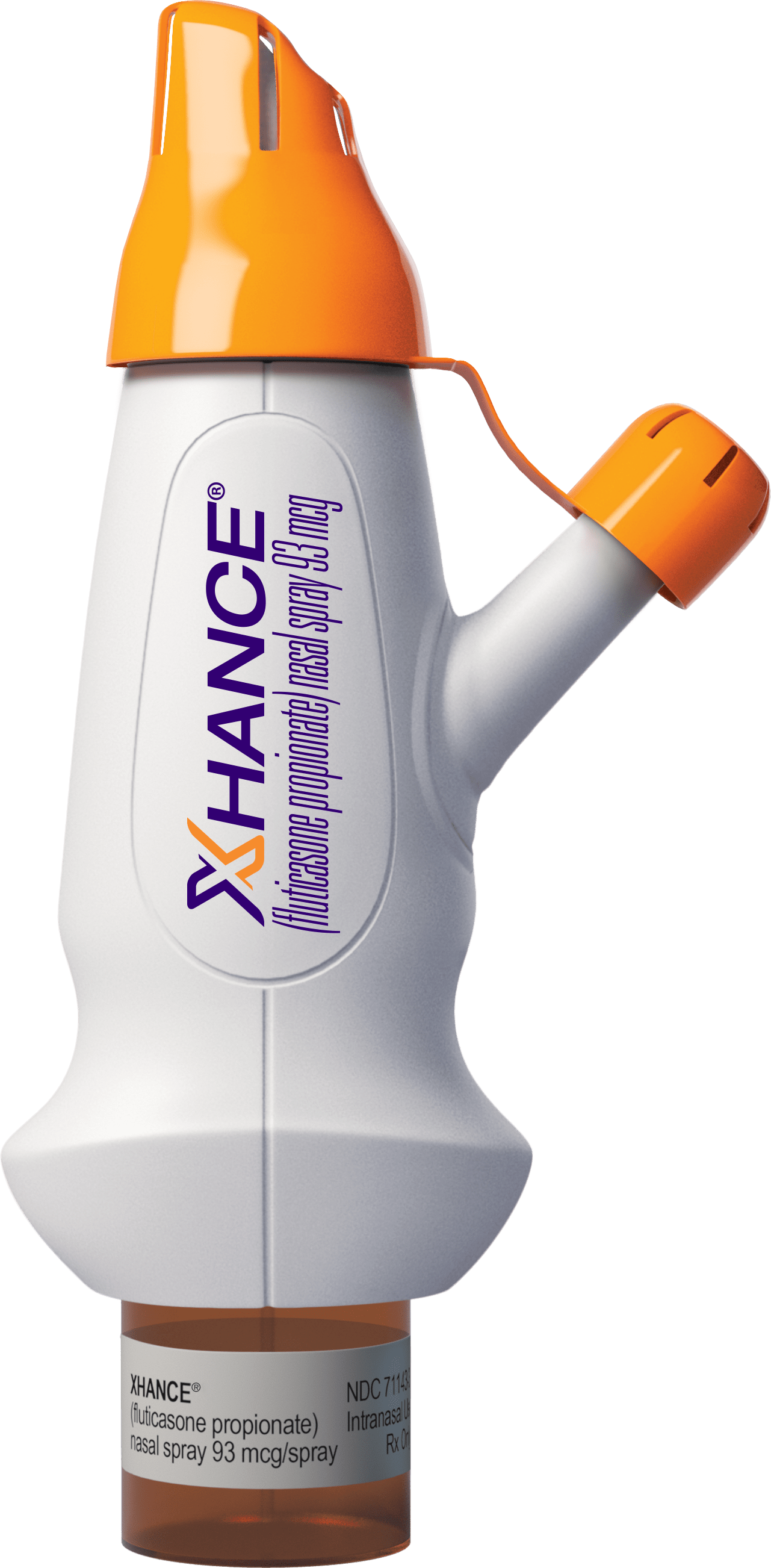Allergies, Author Interviews, ENT / 07.10.2020
Efficacy of New Exhalation Delivery System with Fluticasone (EDS-FLU) in Patients Who Remain Symptomatic on Standard Nasal Steroid Sprays
MedicalResearch.com Interview with:
Brent A. Senior, MD, FACS, FARS
Professor of Otolaryngology/Neurosurgery
Vice Chairman for Clinical Affairs
Nathaniel and Sheila Harris Distinguished Professor
Chief, Division of Rhinology, Allergy, and Endoscopic Skull Base Surgery
Department of Otolaryngology-Head and Neck Surgery
University of North Carolina at Chapel Hill
Chapel Hill, NC
MedicalResearch.com: What is the background for this study? How common is the problem of chronic rhinosinusitis with nasal polyps?
Response: Chronic rhinosinusitis (CRS) is a very common illness in the United States and around the world, estimated to impact 2-14% of the US population. Chronic rhinosinusitis with polyps is a particularly challenging form of the disease marked by significant impact on quality of life, and being challenging to treat with significant recurrences of symptoms despite standard medical and surgical treatment.
Inhaled intranasal steroids are standard therapy for patients with CRS including those with nasal polyps. However, many patients continue to have significant nasal symptoms despite treatment with these medications. This study was designed to answer the question of whether patients who had been receiving treatment with inhaled intranasal steroids and failed were improved by using EDS-FLU. Results were obtained by pooling data from two previous studies of the use of EDS-FLU in patients with CRS, called Navigate 1 and 2. (more…)


